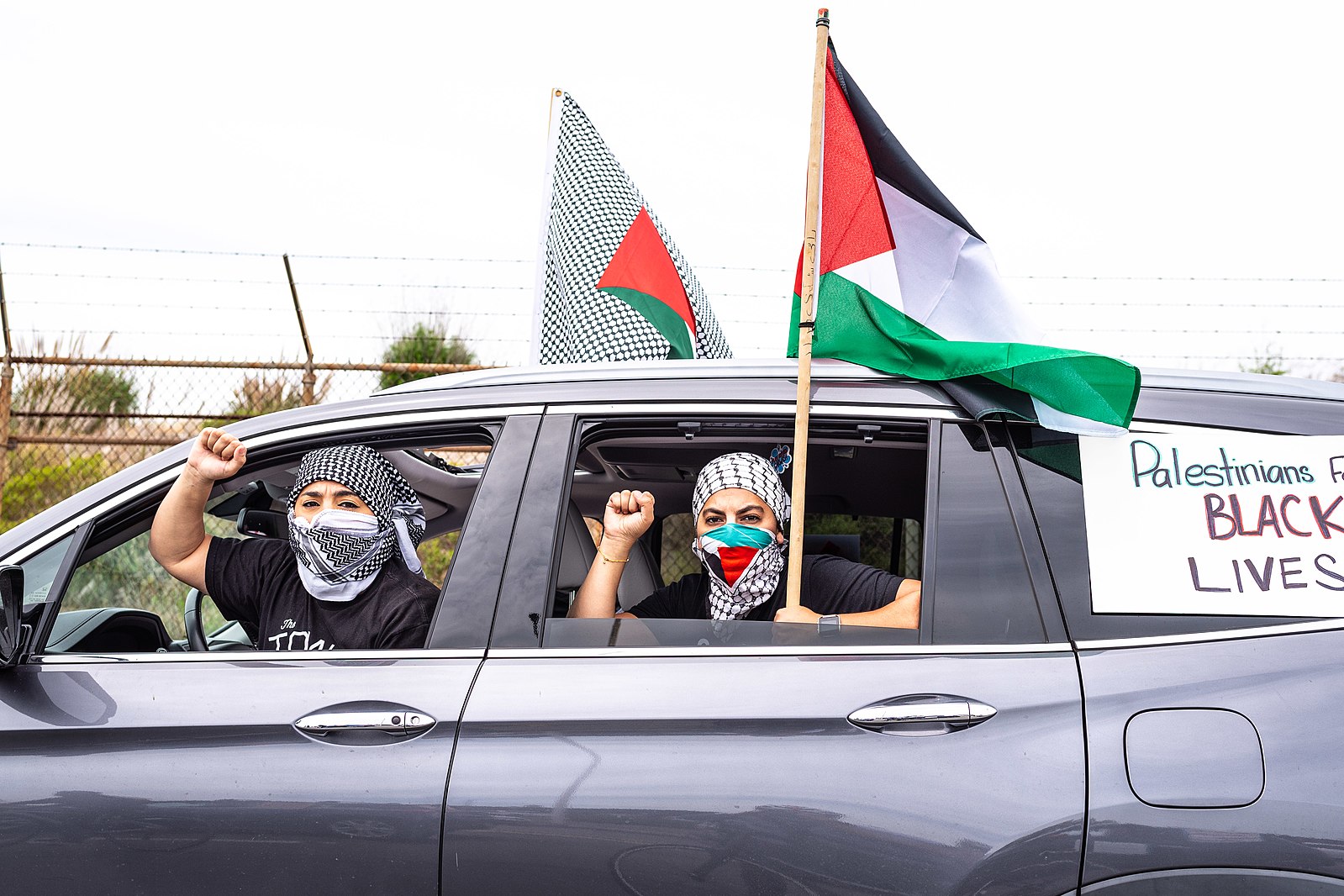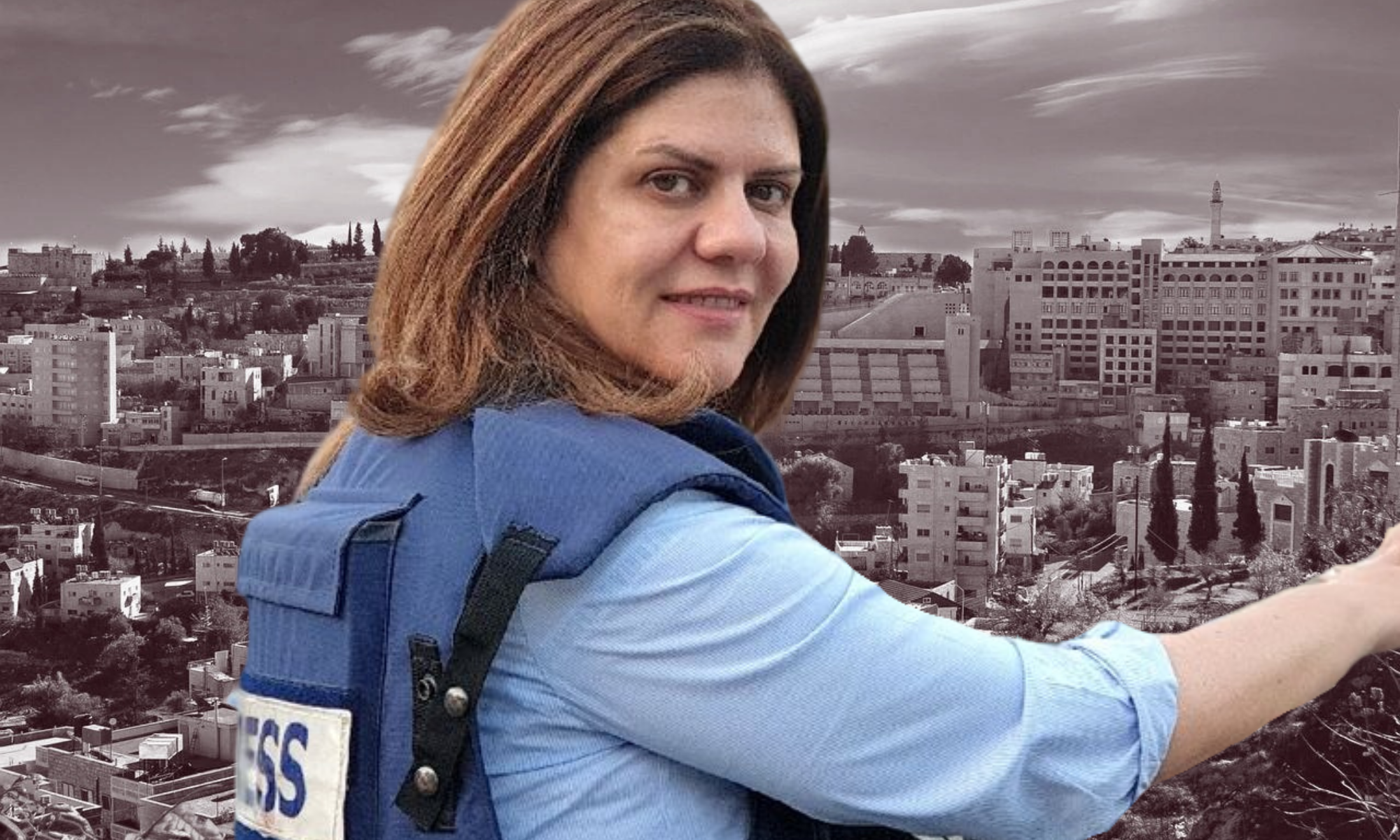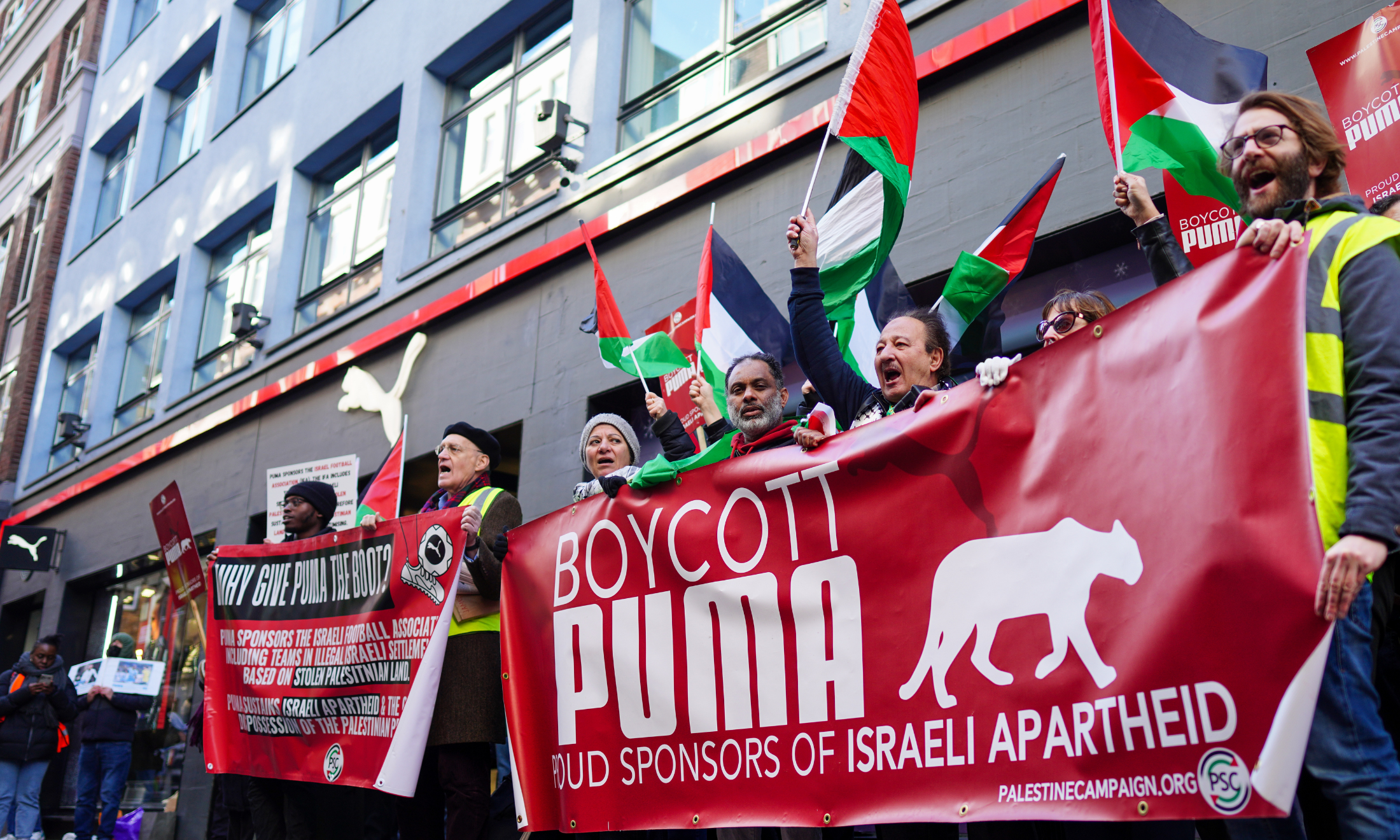
Unsplash/Canva
Sheikh Jarrah: the story of Palestine behind the headlines
How the forcible eviction of Palestinian families in Jerusalem unfolded into a violent crackdown on occupied territories.
Budour Hassan
14 May 2021
Rifqa al-Kurd lived in Jerusalem for 72 years. Yet, when she was alive, hints of the Haifa accent – the coastal city from which she and her family were expelled by Zionist militias in 1948 – coloured her speech. Memories of her youth in Haifa, of the walks by the Mediterranean Sea and of the friends from whom she had been permanently severed, and her longing for the sounds and scents of her hometown, punctuated any conversation with her.
Until her passing in June 2020, she had always insisted that Palestinian refugees like herself had little room for grief – and Palestinian refugees living in Sheikh Jarrah, a neighbourhood located north of the Jerusalem Old City, even less so. Her words have proved grimly prophetic; now, her remaining family and their neighbours are at the heart of another battle to avoid a another violent expulsion.
In February 2021, the Israeli District Court in Jerusalem approved the decision to forcibly evict seven Palestinian families from their homes to make way for Israeli settlers. The first round of displacement was scheduled for 2 May and targeted four homes, including the one where Rifqa’s children and grandchildren live. Settler organisations, Israeli courts and the Israeli state are trying to portray the struggle in Sheikh Jarrah as a private dispute over property. In fact, it is an attempt by ideologically-motivated religious Zionist groups to control one of the most geographically strategic neighbourhoods in Jerusalem and to entrench the Judaization of the city.
“In 2008 and 2009, three Palestinian families were expelled from their homes in Sheikh Jarrah to make way for settlers; settlers also took over half of Rifqa’s home, subjecting her and her family to daily harassment and abuse”
Now the resistance movement has seen a crackdown so vicious from Israeli forces that it has resulted in an all-out assault upon occupied Palestinian territories and dozens of deaths. But how did we get here?
Rifqa’s family was among 28 refugee families who moved to Sheikh Jarrah in 1956 based on an agreement between the United Nations Refugee and Work Agency (UNRWA), and the Jordanian government, which controlled the eastern part of Jerusalem at the time. UNRWA had been established to provide humanitarian support for those Palestinians ethnically cleansed in 1948.
After 1967, however, when East Jerusalem was occupied and illegally annexed by Israeli forces, Israel imposed its entire legal system, including civil and administrative laws, on occupied Jerusalem. These laws allow Israeli Jews to pursue property claims over lands in East Jerusalem supposedly owned by Jews before 1948, while denying this right to Palestinians.
Such discriminatory legislation opened the door for settler organisations to claim ownership of the land – based on documentation whose validity is anyway contested by Sheikh Jarrah residents. This legal battle has gone on now for decades.
In 2008 and 2009, three Palestinian families were expelled from their homes in Sheikh Jarrah to make way for settlers; settlers also took over half of Rifqa’s home, subjecting her and her family to daily harassment and abuse. Such violations of basic dignity are intrinsic to the process of colonisation, and are experienced by all Palestinians, whether at the hands of settlers, or state forces.
The families’ lawyers requested a leave to appeal from the Israeli High Court in the hope of delaying the evictions. Refusing to tie their fate to Israeli court decisions, and conscious that the Israeli High Court is an active player in the colonial system that oppresses Palestinians (which means decisions made by the court are unlikely to favour Palestinians), residents of Sheikh Jarrah have held nightly protests since the start of Ramadan to resist their imminent displacement.
A social media campaign against the displacement they had started months earlier gathered more steam, but it is on the ground, outside the homes slated for forcible eviction and on the main entrance to the neighbourhood, where a genuine popular protest movement has been steadily growing. What began as nightly sit-ins by the residents soon drew young people and activists from all over Jerusalem.
The violent repression by Israeli occupation police, in addition to threats and intimidation by settler leaders, only expanded the scope of the protests and drew more participants. The first fortnight of Ramadan, in April, also saw nightly protests in Damascus Gate, the main gateway to the Old City, where young people opposed Israeli measures to prevent gatherings.
The protest movement in Sheikh Jarrah fed off that momentum, especially after Israeli police were compelled to remove the barriers at Damascus Gate, soon expanding to draw in activists from all over historic Palestine. Among the most popular chants repeated in the Sheikh Jarrah protest is one where youth shout: “For you. Rifqa al-Kurd; we shall liberate all the land.”
While the Israeli High Court delays its decision on the fate of the latest wave of evictions, Palestinians recognise that it is not in the courtroom but rather on the streets that these expulsions can be thwarted. Watching pictures of protests that were staged in support of Sheikh Jarrah in Berlin and London, Rifqa’s teenage granddaughter told gal-dem they hoped that these protests would continue. Young though she is, she knows that condemnations alone will not stop Israel.
Palestinians insist that Israel should pay the price for its actions not through statements, but by being held accountable and by facing sanctions. For many, Sheikh Jarrah is a microcosm of the Palestinian struggle, one that illustrates how the Nakba (or the ethnic cleansing of the Palestinian people by Israel), didn’t end in 1948; it merely shape-shifted.
Budour Hassan is a Palestinian legal researcher based in Jerusalem

Britain’s policing was built on racism. Abolition is unavoidable

How Pakistan’s Khwaja Sira and transgender communities are fearing and fighting for their futures

Their anti-rape performance went viral globally. Now what?






